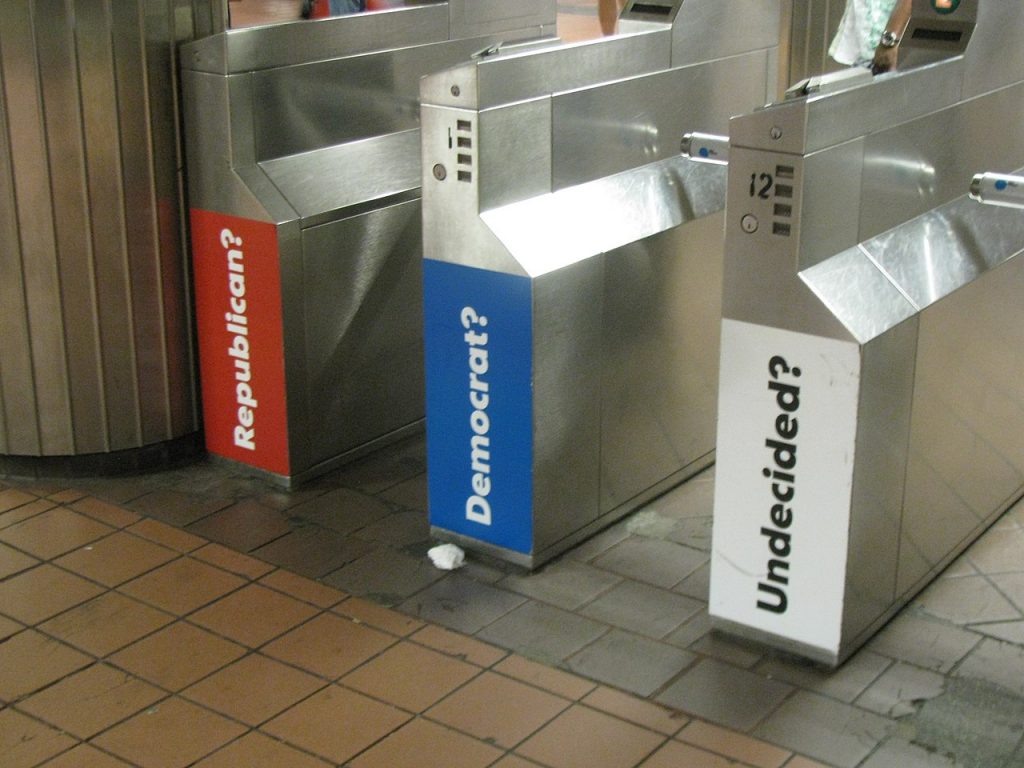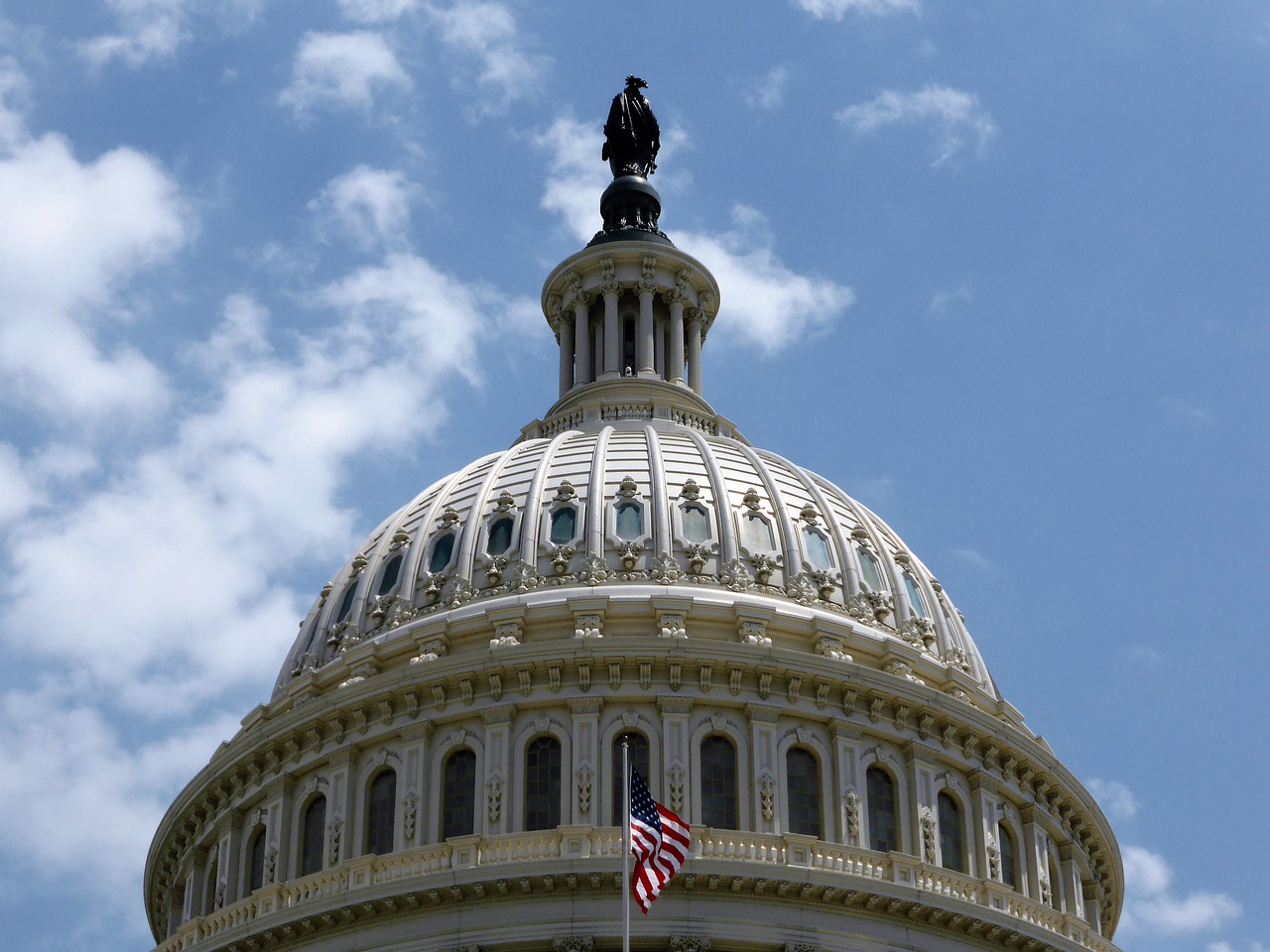Democrats’ Approval Slipping Among Younger Voters
The Democratic Party is starting to lose support among young people nationwide, as the upcoming federal midterm elections seek voters. According to a recent online digital survey of more than 16,000 registered young adult American voters that are between the ages of 18 to 34, 46% would vote for Democrats, 28% would vote for Republicans, and 26% do not know or would vote for other candidates, if the congressional midterm elections were held today. Compared to the last election in 2016, 55% would vote for Democrats, 27% would vote for Republicans, and the remaining 18% do not know who to vote for or will vote for other candidates.
Many political opinion polling experts have attributed these trends to the overall distrust and dissatisfaction with both major political parties, represented in nearly all levels of government: state, local, and federal. Because of the country’s electoral system in which first past-the-post selection systems, single member districting, at-large districts at the local level, gerrymandering biases, and winner-take-all plurality voting methods are common–as well as the recent presence unlimited amounts of special interest money into political parties, candidates, and citizen petition ballot initiatives thanks to the Citizens United ruling by the conservative Supreme Court–the two party system of both Republicans and Democrats have maintained power and influence over the country. This leaves nearly all non-partisan independents and third party candidates almost completely out of the system.
The recent opinion polls also represent a clear divide between the progressive, left-wing populist grassroots base and the liberal centrist voting bloc within the party, especially after their recent presidential primary between Hillary Clinton and Bernie Sanders. The polls are also starting to further mirror the divide especially in the wake of recent reports from The Intercept that the DCCC, or the Democratic Congressional Campaign Committee, is starting to intervene in primaries nationwide to support centrist moderates over the liberal progressive candidates backing policies such as universal healthcare and raising wages.




